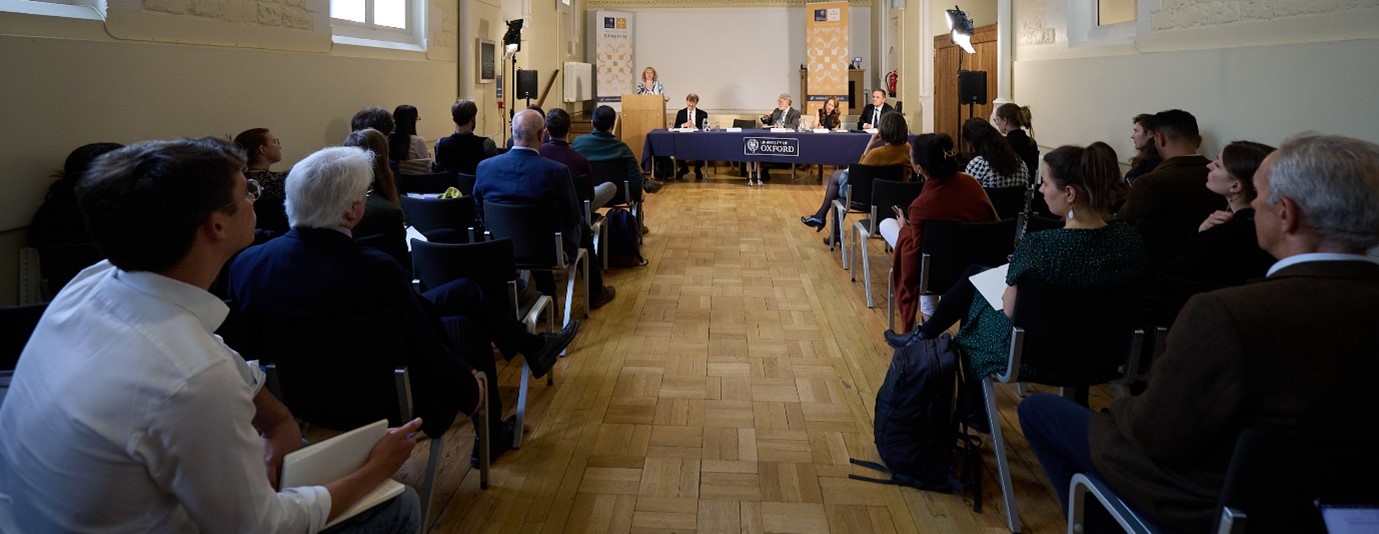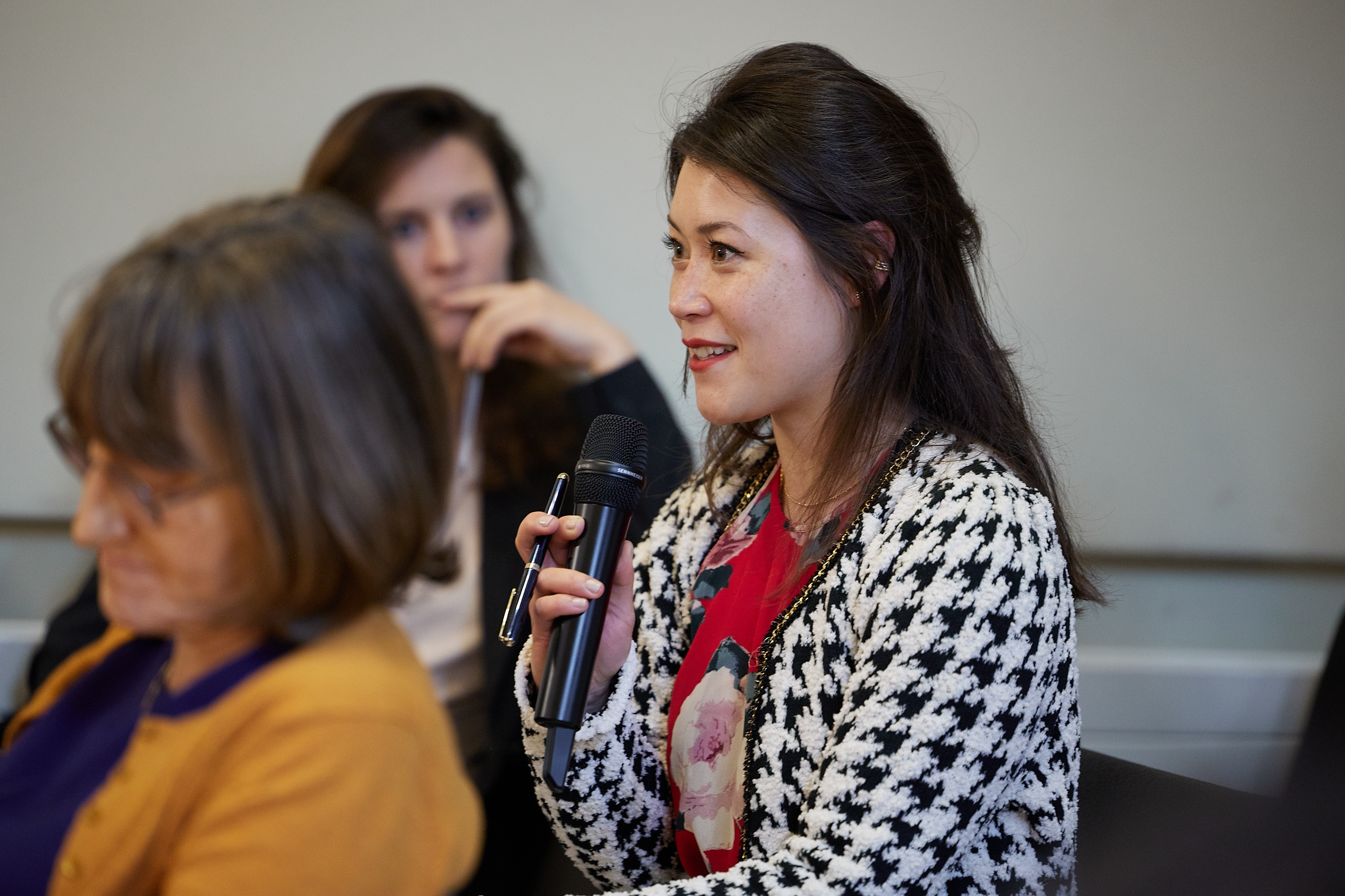
The place of AI in the law is a highly pertinent subject because there are a growing number of voices advocating for involving AI tools, especially large language models reminiscent of ChatGPT, in various types of legal work. AI tools could soon relieve lawyers of the monotonous work like document review or drafting standard term contracts. While this may not be too worrying, there is no reason why we should not imagine that, more radically, AI tools could eventually replace the judicial work of drafting judgements and deciding cases. Large language models could potentially predict expected outcomes and their justifications in litigated cases at a fraction of time and cost compared with the equivalent work of human judges.



